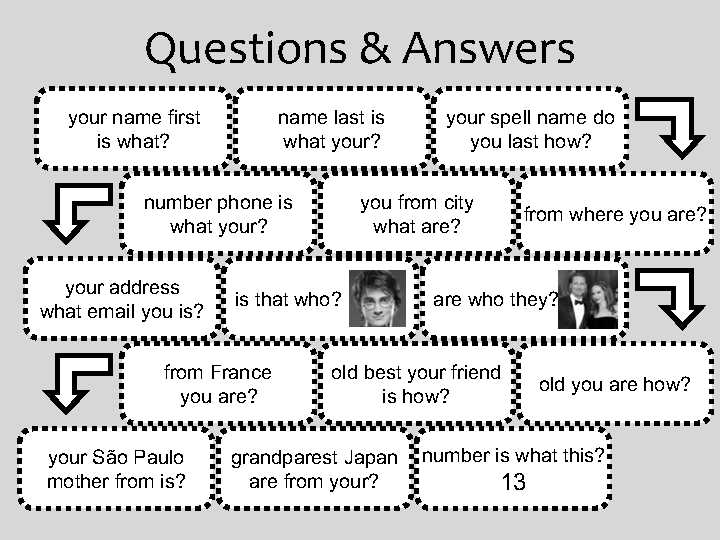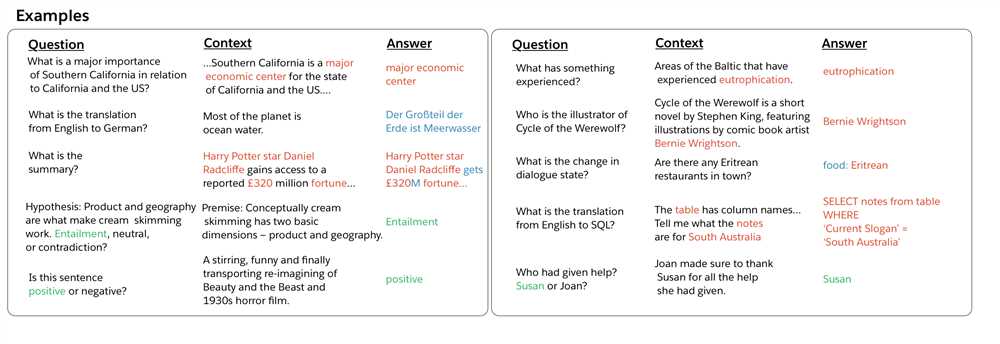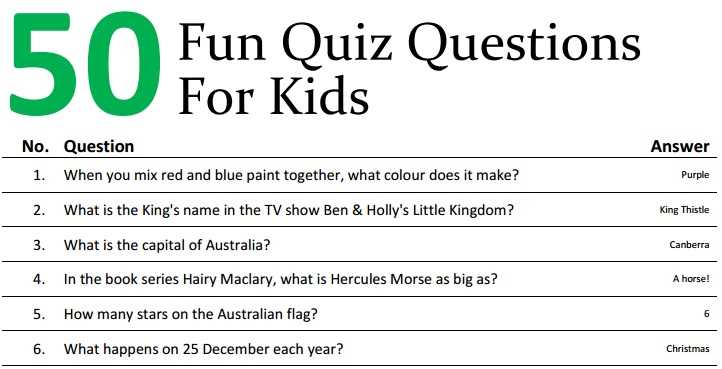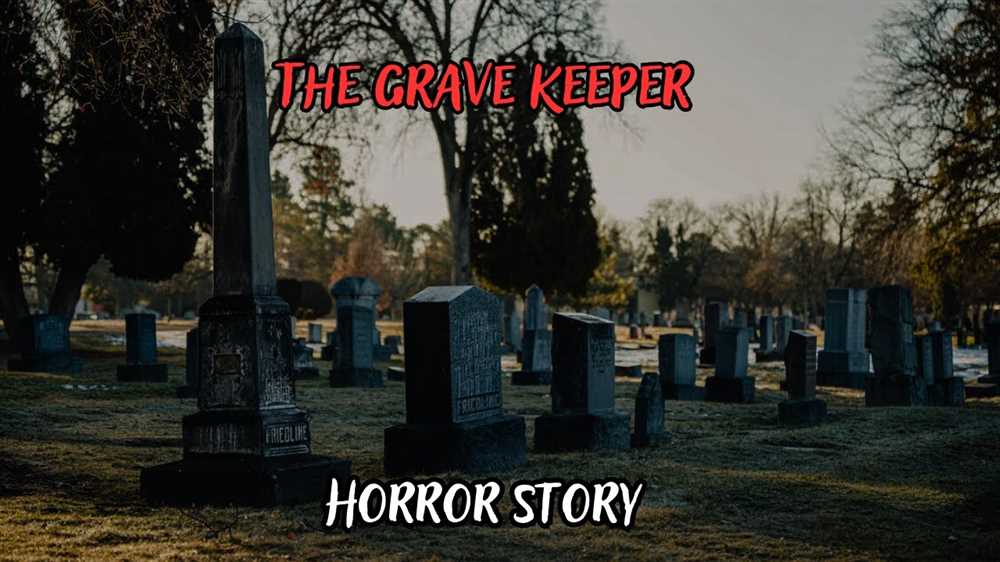
Horror movies and stories have fascinated people for centuries, providing thrills and chills that tap into our deepest fears. Whether it’s a terrifying monster, a haunted house, or a vengeful spirit, horror tales have a way of getting under our skin and keeping us on the edge of our seats.
If you’re a horror enthusiast or simply curious about the genre, you may have a plethora of burning questions. From the origins of horror to the psychology behind our fear, exploring these questions can deepen our understanding and appreciation of the genre.
What makes a horror movie truly terrifying? Is it the jump scares, the eerie soundtracks, or the suspenseful storytelling? Dive into the techniques that filmmakers and writers use to create a bone-chilling experience. Understand the power of atmosphere, lighting, and sound design in setting the mood and heightening tension in horror narratives.
Furthermore, what are the psychological elements that make horror so captivating? From the fascination with the macabre to the thrill of facing our fears vicariously, horror stories tap into our primal instincts and offer a unique emotional experience. Discover the reasons behind our morbid curiosity and why we enjoy being scared even when we know it’s all fictional.
What is the horror genre?

The horror genre is a genre of literature, film, and other forms of media that is focused on creating feelings of fear, dread, and terror in the audience. It often features elements of the supernatural, the macabre, and the unknown. The horror genre has been popular since ancient times, with stories of ghosts, monsters, and other terrifying entities captivating audiences throughout history.
One of the defining characteristics of the horror genre is its ability to elicit strong emotional responses from the audience. Whether it is through jump scares, psychological suspense, or atmospheric tension, horror works to evoke feelings of fear and anxiety in its viewers or readers. It often explores the darker aspects of human nature and delves into themes such as mortality, the unknown, and the consequences of human actions.
The horror genre has evolved and diversified over time, encompassing a wide range of subgenres and styles. From classic horror novels like Mary Shelley’s “Frankenstein” to modern horror films like “The Conjuring,” there is a vast array of horror stories to choose from. Some common subgenres within the horror genre include supernatural horror, psychological horror, slasher horror, and body horror. Each subgenre offers its own unique take on the genre, providing different elements of fear and terror.
In conclusion, the horror genre is a form of storytelling that aims to evoke feelings of fear and terror in its audience. It explores the unknown, pushes the boundaries of human understanding, and delves into the dark recesses of the human psyche. Whether it is through supernatural entities, psychological twists, or visceral gore, horror captivates and terrifies audiences, making it a unique and enduring genre.
How did horror films originate?
Horror films have been a popular genre in the world of cinema for decades, captivating audiences with their thrilling and terrifying storylines. But how did horror films originate? The origins of horror films can be traced back to the early days of cinema, with the emergence of silent horror films in the late 19th century. These early horror films were often inspired by Gothic literature and folklore, and they relied on atmospheric settings and eerie cinematography to create a sense of dread and fear.
One of the earliest and most influential horror films is “Le Manoir du diable” (The House of the Devil), directed by Georges Méliès in 1896. This short film, which depicts a bat-like creature transforming into the Devil, is considered to be the first horror film ever made. It set the stage for the many horror films that would follow, establishing the conventions and techniques that would come to define the genre.
In the early 20th century, horror films continued to evolve, with the introduction of sound adding a new dimension to the genre. Classic horror films from this era, such as “Dracula” (1931) and “Frankenstein” (1931), became iconic for their memorable performances and captivating storylines. These films laid the foundation for the horror genre as we know it today, establishing the tropes and archetypes that would be revisited and reinvented in later years.
Over the decades, horror films have continued to push boundaries and explore new terrains, captivating audiences with their distinctive blend of fear, suspense, and gore. From the psychological horrors of Alfred Hitchcock to the supernatural terrors of Stephen King adaptations, horror films have become a cornerstone of popular culture, never failing to thrill and terrify audiences.
Who are some famous horror movie directors?

Horror movies have been captivating audiences for decades, and there are several accomplished directors who have made a significant impact in the genre. These filmmakers have delivered spine-chilling stories, memorable characters, and iconic moments that have stayed with viewers long after the credits rolled.
Wes Craven: One of the most influential figures in horror cinema, Wes Craven is known for creating franchises like “A Nightmare on Elm Street” and “Scream.” His ability to blend psychological terror with dark humor has made him a beloved director for horror fans.
John Carpenter: Another heavyweight in the horror genre, John Carpenter has a reputation for crafting suspenseful and atmospheric films. His classics include “Halloween,” “The Thing,” and “The Fog,” which have all become beloved staples of horror cinema.
- Alfred Hitchcock: While primarily known for his thrillers, Alfred Hitchcock’s films often contain elements of horror. His mastery of suspense and ability to build tension is unparalleled. Classics like “Psycho,” “The Birds,” and “Vertigo” continue to enthrall audiences today.
- Dario Argento: Known for his visually striking and gory films, Dario Argento has become an icon in the Italian horror genre. His work, including “Suspiria,” “Deep Red,” and “Tenebrae,” is renowned for its stylish cinematography and haunting scores.
- Guillermo del Toro: Guillermo del Toro is a visionary director who often blends horror with fantasy elements. His films, such as “Pan’s Labyrinth” and “The Shape of Water,” have garnered critical acclaim and demonstrate his ability to create immersive and emotionally resonant horror narratives.
These are just a few examples of the many notable horror movie directors who have made significant contributions to the genre. Their unique storytelling styles and ability to evoke fear and suspense have cemented their place in cinematic history.
What are the most iconic horror movie monsters?
Horror movies have always featured a wide array of terrifying creatures that have haunted our nightmares for generations. From vampires to zombies, these monsters have become iconic figures in the horror genre. Here are some of the most beloved and feared horror movie monsters of all time.
Vampires:
Vampires have long been a staple of horror movies, with their ability to live forever and their insatiable thirst for blood. Count Dracula, the most famous vampire of all, first appeared in Bram Stoker’s novel and has since been portrayed in numerous films. With their supernatural powers and seductive charm, vampires continue to captivate audiences around the world.
Zombies:
Zombies have risen in popularity in recent years, thanks to TV shows like “The Walking Dead” and movies like “Night of the Living Dead.” These undead creatures, with their decaying bodies and insatiable hunger for human flesh, have become a symbol of the modern day apocalypse. Whether slow-moving or fast-paced, zombies have terrified audiences with their relentless pursuit of the living.
Werewolves:
Werewolves have been a popular subject in folklore and literature for centuries, and they have made a mark in the world of horror movies as well. These creatures, with their ability to transform into wolves during the full moon, represent the duality of man and beast. From “An American Werewolf in London” to “The Wolf Man,” werewolves have been portrayed as savage and terrifying creatures that roam the night.
Frankenstein’s Monster:
Frankenstein’s Monster is one of the most iconic horror movie monsters of all time. Created by Victor Frankenstein in Mary Shelley’s novel, the monster has been portrayed in numerous films as a towering, stitched-together creature brought to life through scientific means. With its brute strength and tragic backstory, Frankenstein’s Monster is a symbol of man’s hubris and the consequences of playing god.
The Creature from the Black Lagoon:
The Creature from the Black Lagoon is a unique monster that has captivated audiences since its first appearance in the 1954 film. This amphibious creature, with its webbed hands, gills, and scaly body, embodies the fear of the unknown and the depths of the ocean. With its eerie presence and underwater attacks, the Creature from the Black Lagoon has become an iconic figure in the world of horror movies.
- Vampires
- Zombies
- Werewolves
- Frankenstein’s Monster
- The Creature from the Black Lagoon
What are some must-watch horror movies?
Horror movies have been a popular genre for decades, and there are many must-watch films that have left a lasting impact on audiences. Whether you’re a fan of psychological horror, supernatural creatures, or classic slasher films, there is something out there for everyone.
1. The Exorcist
Regarded as one of the scariest movies of all time, “The Exorcist” follows the story of a young girl possessed by a demonic entity. The film’s intense and disturbing scenes have left audiences haunted since its release in 1973.
2. Psycho
Alfred Hitchcock’s “Psycho” revolutionized the horror genre with its psychological thriller elements. The iconic shower scene and the psychotic character of Norman Bates are still references in popular culture today.
3. The Shining
Based on the Stephen King novel, “The Shining” tells the story of a writer and his family who become caretakers of an isolated hotel. The film is known for its atmospheric tension, haunting imagery, and Jack Nicholson’s spine-chilling performance.
4. Halloween
Considered one of the greatest slasher films of all time, “Halloween” introduced the iconic character Michael Myers and popularized the trope of the unstoppable killer. The film’s suspenseful atmosphere and memorable soundtrack have made it a Halloween staple.
5. Get Out
“Get Out” combines horror and social commentary in a unique and thought-provoking way. The film delves into themes of racism and identity as a young African American man visits his white girlfriend’s family with terrifying consequences.
6. The Babadook
Australian horror film “The Babadook” tells the story of a single mother and her troubled son who are tormented by a mysterious creature. The film explores themes of grief, motherhood, and psychological terror, leaving a lasting impact on viewers.
- The Exorcist
- Psycho
- The Shining
- Halloween
- Get Out
- The Babadook
These are just a few examples of must-watch horror movies, but there are countless others out there waiting to give you sleepless nights. Whether you prefer classic scares or modern twists, the world of horror cinema has something for everyone.
Why do people enjoy watching horror movies?
Horror movies have been a popular genre for decades, captivating audiences with their ability to evoke fear, suspense, and adrenaline. Despite the often terrifying and gruesome content, many people find enjoyment in watching horror movies. But what is it about these films that attracts viewers?
Thrill and Excitement: One of the main reasons people enjoy horror movies is the thrill and excitement they provide. The adrenaline rush that comes from being scared or surprised is a unique and exhilarating experience. The anticipation of what might happen next and the unpredictable nature of horror films keep viewers on the edge of their seats.
Suspense and Tension: Horror movies are masters at creating suspense and tension. The build-up of suspense, the eerie atmosphere, and the unknown outcome all contribute to the enjoyment of watching these films. The feeling of being on the edge, waiting for the next scare or twist, keeps viewers engaged and captivated.
Escapism and Catharsis: Watching horror movies can also provide a form of escapism for viewers. It allows them to temporarily step into a different world and experience intense emotions that they may not typically encounter in their everyday lives. Additionally, horror movies can provide a cathartic release for pent-up emotions and fears, allowing viewers to confront and overcome their own anxieties through the characters on screen.
The Psychology of Fear: Humans have a natural fascination with fear and the unknown. Horror movies tap into this fascination by exploring our deepest fears and darkest desires. They provide a safe environment where we can experience and confront our fears in a controlled setting. This psychological aspect of horror movies can be both thrilling and gratifying for viewers.
Social Bonding and Shared Experience: Watching horror movies with friends or loved ones can create a sense of unity and shared experience. The shared emotions, reactions, and discussions that follow can strengthen relationships and create lasting memories. Additionally, the shared fear can create a sense of camaraderie and make the viewing experience more enjoyable.
In conclusion, people enjoy watching horror movies for various reasons. The thrill, suspense, escapism, psychological aspect, and social bonding all contribute to the appeal of this genre. Despite the fear and discomfort they may experience, viewers find enjoyment in the adrenaline rush, the cathartic release, and the shared experience that horror movies provide.
How does horror affect our minds and emotions?

Fear and horror are powerful emotions that can have a profound effect on our minds and emotions. When we experience horror, our brains activate the fight-or-flight response, which triggers a surge of adrenaline and prepares us to either confront the threat or run away from it. This physiological response can heighten our senses, making us more alert and aware of our surroundings. It can also lead to an increased heart rate, rapid breathing, and sweating.
The intense emotions associated with horror can also have a psychological impact. The fear and anxiety that horror evokes can tap into deep-seated fears and anxieties that we may not be aware of on a conscious level. This can lead to feelings of unease, dread, and a sense of impending doom. The experience of horror can also provoke a sense of vulnerability and helplessness, as we are confronted with situations that are terrifying and beyond our control.
Horror can also affect our minds and emotions on a deeper level. It can challenge our beliefs and perceptions of reality, forcing us to confront our own mortality and the darker aspects of the human experience. This can lead to a range of emotional responses, including shock, disgust, and even a sense of nihilism or existential dread. At the same time, horror can also provide a cathartic release, allowing us to safely experience and process these intense emotions in a controlled environment.
Furthermore, the effects of horror can extend beyond the immediate experience. When we watch or read horror, our minds often continue to dwell on the terrifying imagery and themes, leading to intrusive thoughts and nightmares. This can disrupt our sleep and overall well-being, causing distress and anxiety in the days or even weeks following the exposure. On the other hand, some individuals may find a sense of exhilaration and enjoyment in the experience, seeking out more horror content to continue the adrenaline rush.
In conclusion, horror can have a profound impact on our minds and emotions, triggering the fight-or-flight response, evoking deep-seated fears and anxieties, challenging our beliefs, and causing intrusive thoughts and nightmares. Whether we find horror disturbing or thrilling, it is clear that it has a unique ability to elicit strong emotional responses and leave a lasting impression on our psyches.